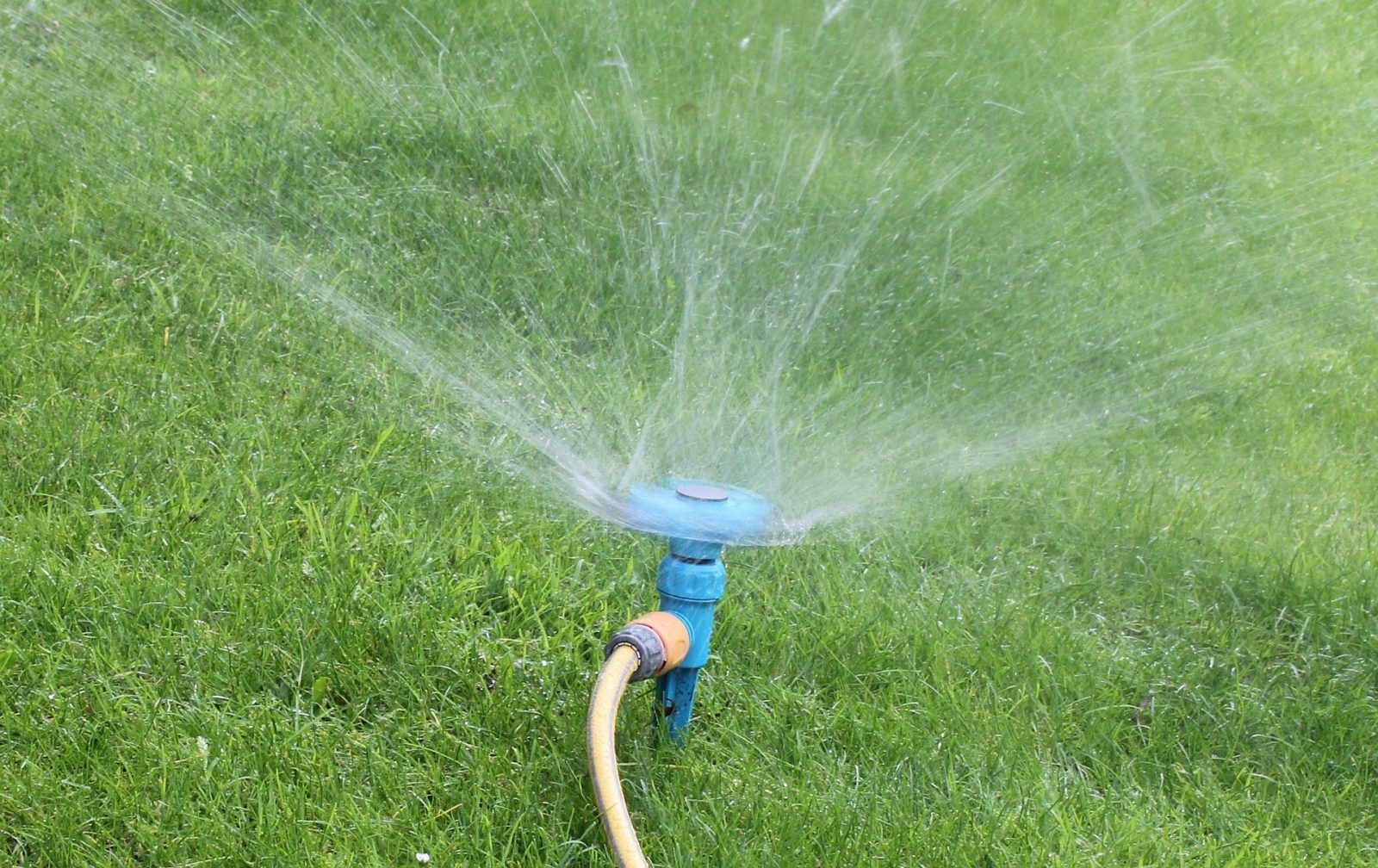What solutions do you propose to address water issues?

(Photo:Deposit photos)
We asked the following question to the three Châteauguay mayoral candidates: On your election platforms, you all address the issue of drinking water in Châteauguay. What solutions do you propose to solve water-related problems in the municipality, whether in terms of drinking water production or the overconsumption of water?
Translation Renaud Médan
Nathalie Simon, Citizens’ Action
It is important and essential that citizens have access to good quality drinking water in sufficient quantities. This is an important part of our platform. We want to invest in infrastructure upgrades and maintenance and re-evaluate development projects based on their impact and cost on our overall system. We are also proposing the adoption of a water policy to avoid waste, educate citizens, promote good consumption habits and implement the best management practices for our drinking water.
What we have experienced in the last three years must stop promptly. The lack of maintenance, investment in the network and long-term planning as well as anarchic development causing increased pressure in pipes that are often too small are certainly part of the problem. Of course, leaks in the entire network must be stopped, but we must also ensure that the infrastructure is upgraded and that the water table is protected. We will measure what needs to be done and propose a short, medium and long-term plan to the citizens.
Lucie Lamoureux, Impact Châteauguay
The Quebec Strategy for the Economy of Drinking Water, which we never hear about here, was implemented in 2011 by the Ministry of Municipal Affairs and Housing. It requires municipalities to determine their leakage index in order to undertake the implementation of solutions and produce a report to access subsidies. In 2007, the municipal government paid for the development of an action plan, what has become of this plan 14 years later?
The government's new drinking water conservation strategy has specific targets to reduce the amount of water distributed by 20% compared to what was achieved in 2015.
The city council has approved a $12 million loan to increase the production of drinking water in a leaky system. We are going in the opposite direction by continuing to be wasteful slackers.
Our commitments are to report on the leaks, prepare our report and action plan and start looking for subsidies in order to finally begin the rehabilitation of our infrastructure. We want the implementation of a communication and awareness plan on the use of drinking water, facilitate access to rainwater harvesting barrels and water-saving devices. We are committed to becoming leaders of good practices.
Eric Allard, Alliance Châteauguay
Châteauguay is currently awaiting approval from the Environment and Climate Change Ministry for a temporary solution to increase short-term water production. City Council, which includes four members of the Alliance Châteauguay Équipe Éric Allard Team, recently passed a loan bylaw for a new water production facility to increase output by up to 70%! Given the age of our network, regular maintenance work will also be required to detect and fix leaks. Infrastructure and maintenance alone are not a catch-all long-term fix, though.
For that, we must collectively consider our consumption habits, which often focus on convenience and disposability. We must acknowledge water as an exhaustible resource that affects biodiversity and climate change, and make better choices. Simply using a broom rather than the garden hose to rinse off your driveway makes a difference! We also need to find ways of giving non-hazardous wastewater a second life: rain barrels are a prime example of that.
As local governments, we can promote better water conservation in our homes and industries. We can use our platform as elected officials to generate greater awareness and enhance communications surrounding personal water use via our website and social media, as well as organize initiatives for the young and not-so-young. (Editors’ note: This translation was provided by the party.)